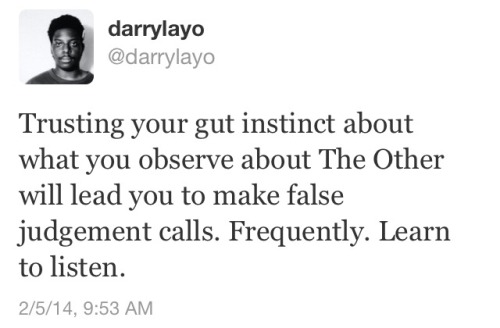"Dress
for the job you want, not the job you have," it’s said.
Overall,
it's sound advice. If you don't know how to look, overdressing is always safer
than underdressing. But that begs the question: why don’t you know how to look?
After
all, this is the age of the Internet. Pretty much anything you might want to
know can be found at the touch of the button. If you’re reading this, you’ve
officially lost any excuse for not knowing how to dress at any event you might
find yourself at.
“Business
casual? That’s a bit vague.” Look it up. “Black tie? What’s that?” Look it up. Yes,
yes, you could play it safe and overdress, but that carries the risk of coming across
as arch and aristocratic, and putting off everyone around you. Instead, I
recommend a conscious effort to understand the role your outfit plays.
I
recommend dressing with purpose.
Consider
this: clothing is a tool, just like a hammer or a cooking pot, and like any
tool it serves a specific purpose…but only if you know what you’re doing. Some
clothing is built with physical needs in mind: sportswear are designed for
comfort and durability, cold weather clothing is designed to keep you warm, and
so on. That’s important, but it’s not what I’m talking about.
Beyond the
physical level, the purpose of clothing is to create a certain impression of
yourself, a specific impact that affects not only how others think of you, but
how you think of yourself. Uniforms, the clearest example of outfits with a specific
purpose, proclaim that the wearer is acting in a specific role, and subtly
nudge their behavior in that direction. Suits are a bit less specific in their
meaning, but also convey a clear message about the type of image their wearer
wants to project. Otherwise, individual pieces can be mixed and matched to
create an outfit that sends exactly the message you want and makes you feel
exactly how you want.
I’m not
going to go into further detail about which pieces cultivate which impressions;
entire books can, and have, been written on the subject. For anyone interested
in traditional menswear, Alan Flusser’s Dressing the Man is a fairly comprehensive and accessible guide on the subject. (Unfortunately,
I know of no such guide for women’s clothing. If you know of one, please tell
me!)
One final
note: it’s paramount that you feel comfortable
in the outfit you wear. However snazzy it might look on a mannequin, if you don’t
feel right wearing it, it won’t look good. Maybe that outfit needs one last
thing to finish it, maybe you’ve overdone it, or maybe it’s just not your
thing. Develop a feeling for it, and figure out what works best for you.
So, what
is dressing with purpose? First: understanding what kind of impression you want
to make. Second: finding clothing that creates that impression. Third: making sure
it feels right!


